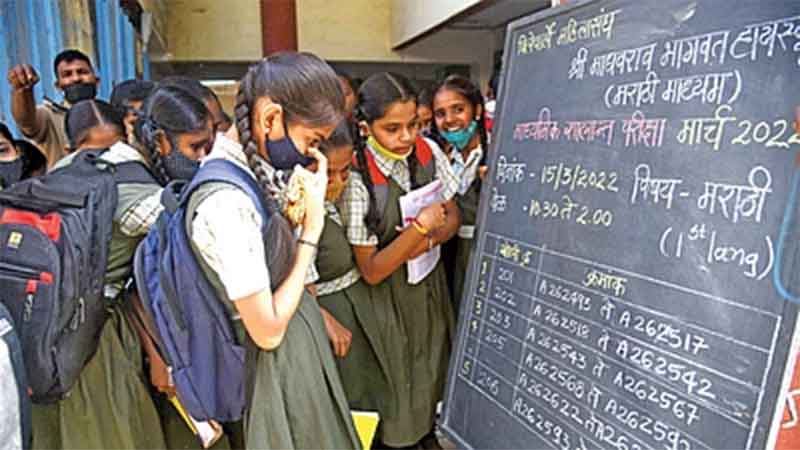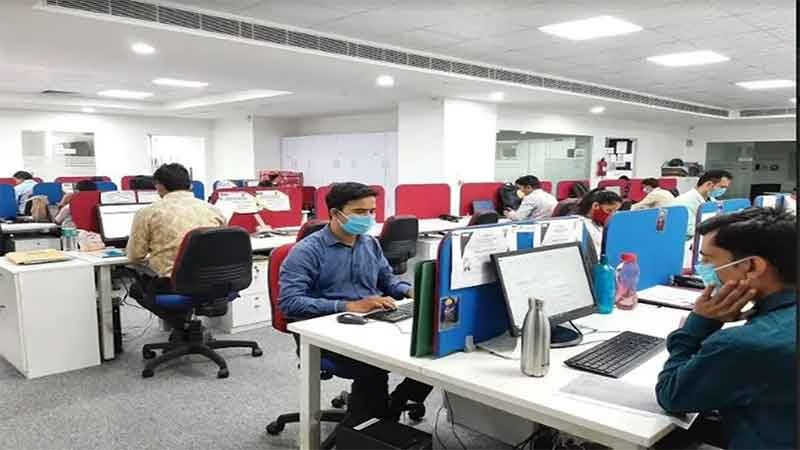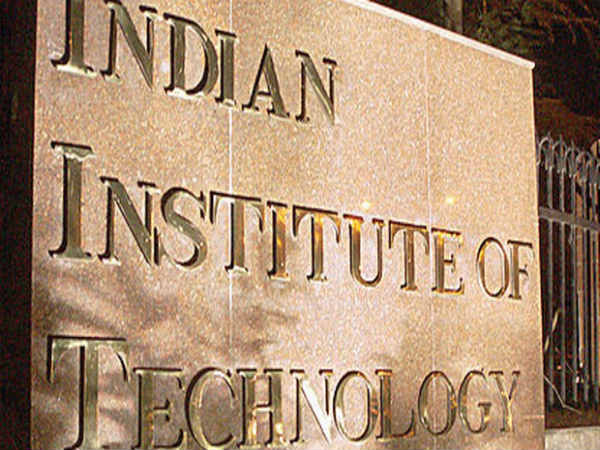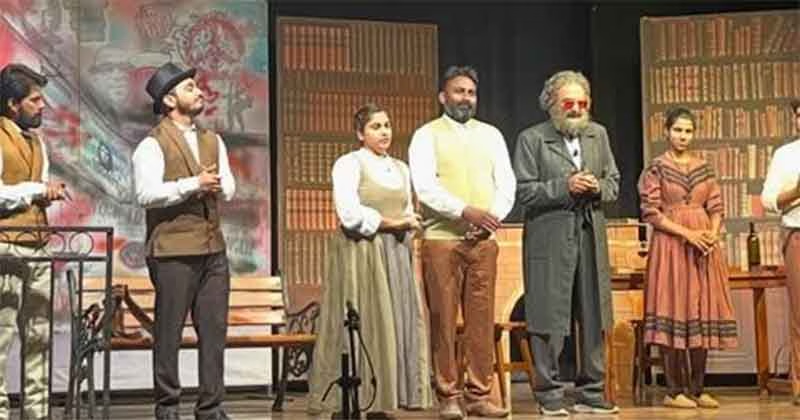
The Maharashtra government’s decision to introduce Hindi as the third language in schools has created a controversy. We should learn lessons from the imposition of Urdu in former East Pakistan.
Linguists need to treat seriously the politics of language.
And this is about linguistics professor Ayesha Kidwai’s treatment of one of the most historic developments in the field of language , that is the agitation on the imposition of Urdu in the then east Pakistan.And she is from the JNU of all places, the widely respected university.
The agitation changed the course of Pakistan’s history, broke the nation in two. Yet she referred fairly casually to the issue, particularly the firing on Dacca university students on 21 February, 1952 when five students were killed and several injured.
This was in her lecture to JNU students in the Alternate classroom series of lectures on theme of nationalism held in the open on the campus some years ago. Many of these lectures are now in the public domain.
The day of the firing is now observed by UNESCO as the mother tongue day, so crucial it is. It was on this day nine years ago that she gave the lecture.
She completely evades the deep politics that went on on the language issue in Pakistan for years. She does not even mention the crucial fact that it all started with Jinnha’s declaration on the Dacca university campus in 1948 that Urdu SHALL be the national language of Pakistan and all those demanding a special status for Bengali are traitors.
Progressive sections in Pakistan are increasingly recognsing the blunders made by Jinnah and other rulers which have landed the country in such a deep crisis.
As an academic of JNU an institution so conscious of democratic rights, one would expect her to criticise the vice chancellor for allowing the police to enter the premises. Not only does she not do that she applauds him for being quick to send the teaching staff to meet the agitating students as if this was some great gesture .
Kidwai comes from a well known family, her grand-mother Anis’s book on the travails of partition Ayesha has translated. One expected her to be more sensitive to the divisive politics on the language issue in Pakistan which caused misery to millions of Pakistani citizens.
About the controversy in Maharashtra. A section of the intelligentsia is hurt more because of the government’s partisan attitude, especially its neglect of Marathi language. Especially the neglect in terms of closing down of Marathi medium shools, encouraging English medium schools with high fees where quality is dubious.
At the forefront is Deepak Pawar, prof of political science in the Kalina campus whose voluntary organisation has been campaigning on the issue for many years with a series of meetings, publication of books, booklets, seminars.
Added to the political scenario in the last few decades in Mumbai is the gradual and now highly inescapable presence of Uttar Bharatiyas north Indian workers who are seen by the local as rivals and constituting a political threat. Their increasing numbers in some suburbs completely changes the electoral balance.
These are complicated issues and one only thought of bringing this aspect to the attention of people who may not be aware of the issues.
It seems the Maharashtra government enthusiastically put up banners in JNU declaring they would start a Marathi studies school on the campus and then removed them.
Such an institution is the last thing we need. It would only create a centre with the most frightening emphasis on jargon. I think this evil of jargon which we have to mainly contend with, oppose if we have to make real intellectual progress through a language. Because creation of knowledge, wisdom will only be blocked by evil of jargon.
Unfortunately, this evil is now spreading over the editorial pages of some Marathi dailies and elsewhere.
Fortunately, Apoorvanand, Hindi scholar, has clarified a lot of issues in an interview with Kunal Kamra a month ago and also an article in Frontline magazine in March. He says the new drive for Hindi is certainly motivated by extraneous considerations, they are now talking of Ek Rashtrs, Ek Sanskriti. One nation, one culture. That is certainly threatening.
Even in the so called Hindi speaking region, many people speak Hindi dialects or other types of Hindi language like Awadhi or Maithili but when it comes to the census they say their mother tongue is Hindi.
Apoorvanand said that he as a teacher of Hindi, knows that the students in his class do not have Hindi as their first or home language. They use either Braj, Maithili, Marwari, or Haryanvi in their homes. For them, Hindi is a language to be learnt. And it is not easy for them. The number of students failing the Hindi examination in Uttar Pradesh is telling. The pedagogy employed in our schools, which completely cuts off Hindi from their home languages, is flawed. The quest for “Shuddha” (pure) Hindi purged of all local influences is another reason. The joyless Hindi burdened with the task of nation-building scares the children.
By the way I just remembered that in my teens in Nagpur I voluntarily studied Hindi for the Rashtra bhasha prachar samiti examinations and passed the first two grades. So one can easily study more than two, three, four languages. The point is compulsion has got to be resisted.
In Marathi Hindi writing is published widely in Marathi in some serious journals so much so that some people complain that these give more importance to Hindi than marathi.
This is where serious scholars and institutions like JNU can play a role in creating an awakening on the issue. But they will have to completely change the orientation from the one coming from Kidwai whom I mentioned above.
In fact,the East Pakistan Bengali issue, is very relevant now for India.The situation is different in some ways, that is true. Urdu was completely unfamiliar in east Pakistan in the early days, that is not the case with Hindi in most of India.
Many in Tamil Nadu feel that job seekers from the Hindi region should learn Tamil or Kannada as they derive their livelihood in the regions of these languages and not vice versa. So, what you need to do is to master the language of the land of opportunity. Hindiwalas instead want the people of these lands to learn Hindi to make life easy for them. We can see people engaged in hawking or plumbing or security work learning local languages. But the people engaged in white collar jobs, even after spending years in South Indian cities, seldom feel the need to learn their language. They think their English is sufficient to pull them through.
Subscribe to Our Newsletter
Get the latest CounterCurrents updates delivered straight to your inbox.
Vidyadhar Date is a senior journalist , culture critic and author of a book on public transport
















































